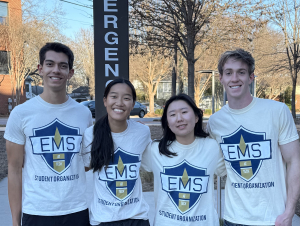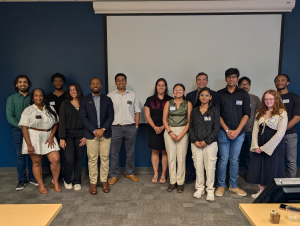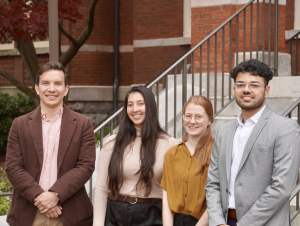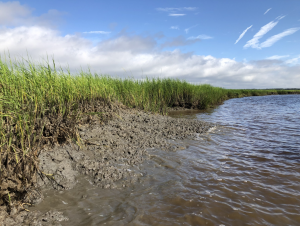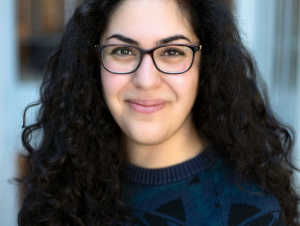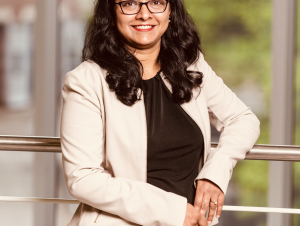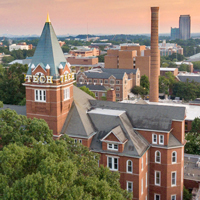Latest News
Four Georgia Tech students share what it’s like to balance rigorous coursework with the high-stakes world of emergency medicine.
Launched in fall 2024, the volunteer leadership group is composed of alumni who obtained an undergraduate degree from the College within the past two decades or a master’s or Ph.D. degree within the past decade.
Four graduate students from the College of Sciences were selected for the new Community Engagement Graduate Fellowship, made possible through a gift from Google, to develop projects that positively impact the metro Atlanta area and highlight how science can align with public good.
The award will support the design of nature-based solutions including living shorelines and marsh restoration in flood-prone areas of Camden County, Georgia.
Manafzadeh will join Georgia Tech as an assistant professor in the School of Biological Sciences in August 2026. The new Manafzadeh Lab at Georgia Tech will investigate how joints work and where they come from — both evolutionarily and developmentally.
Garg’s groundbreaking research on chemical communication between humans and microbes — and her dedication to advancing women in STEM — has earned her national recognition as a WCC Rising Star.
- 1 of 257
- older ›


